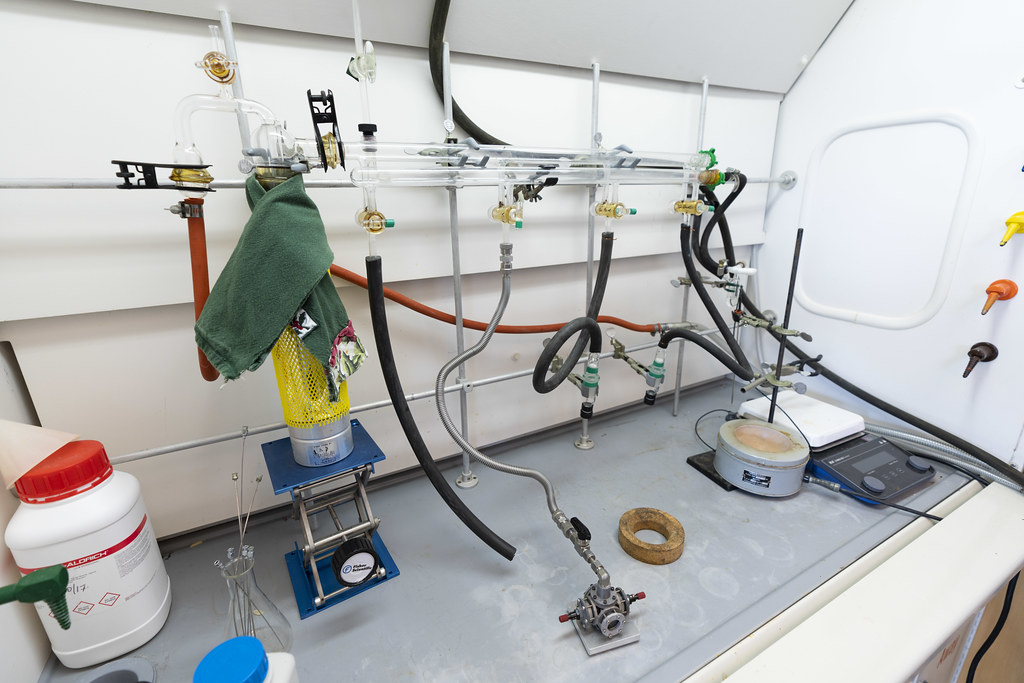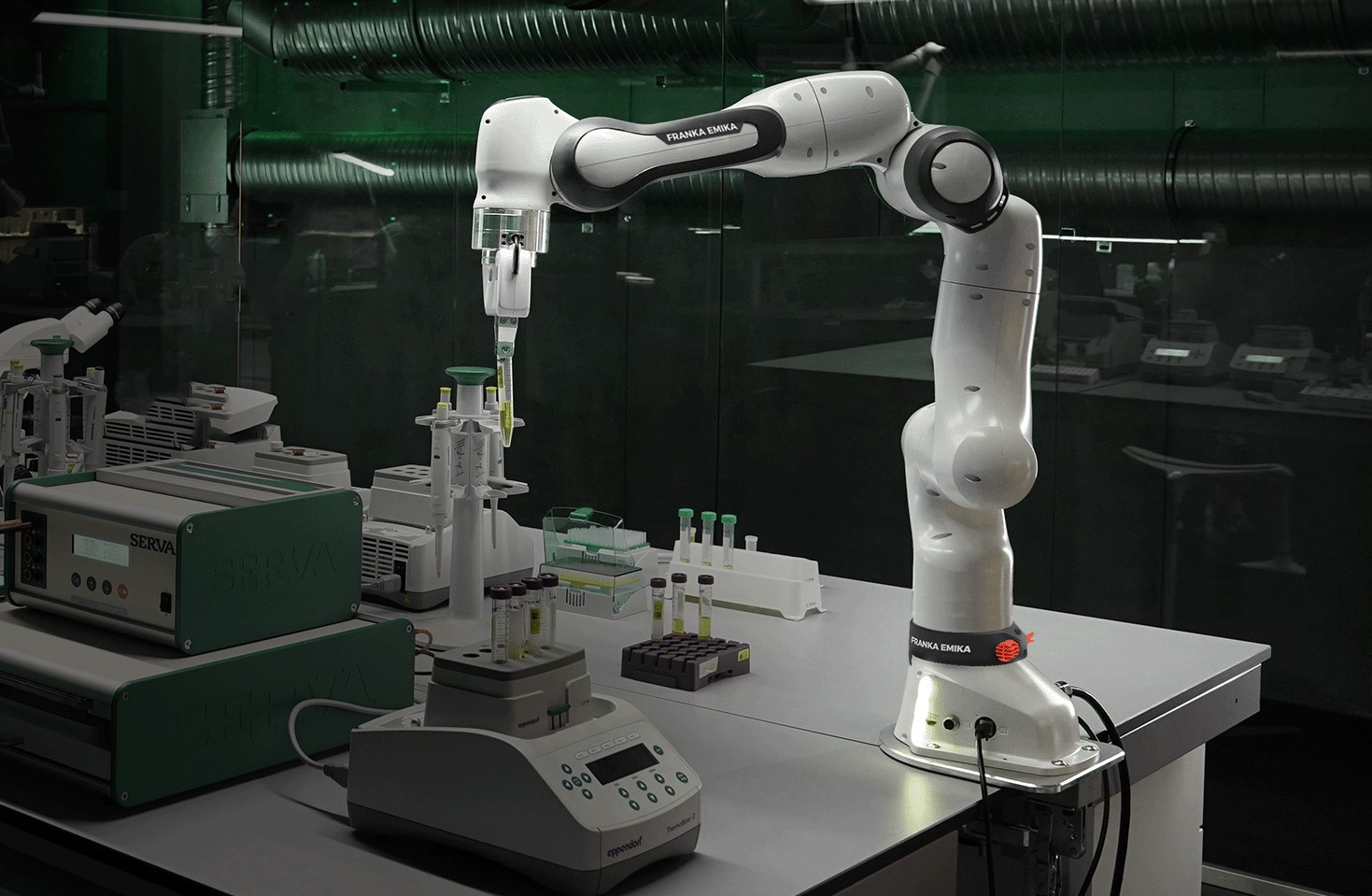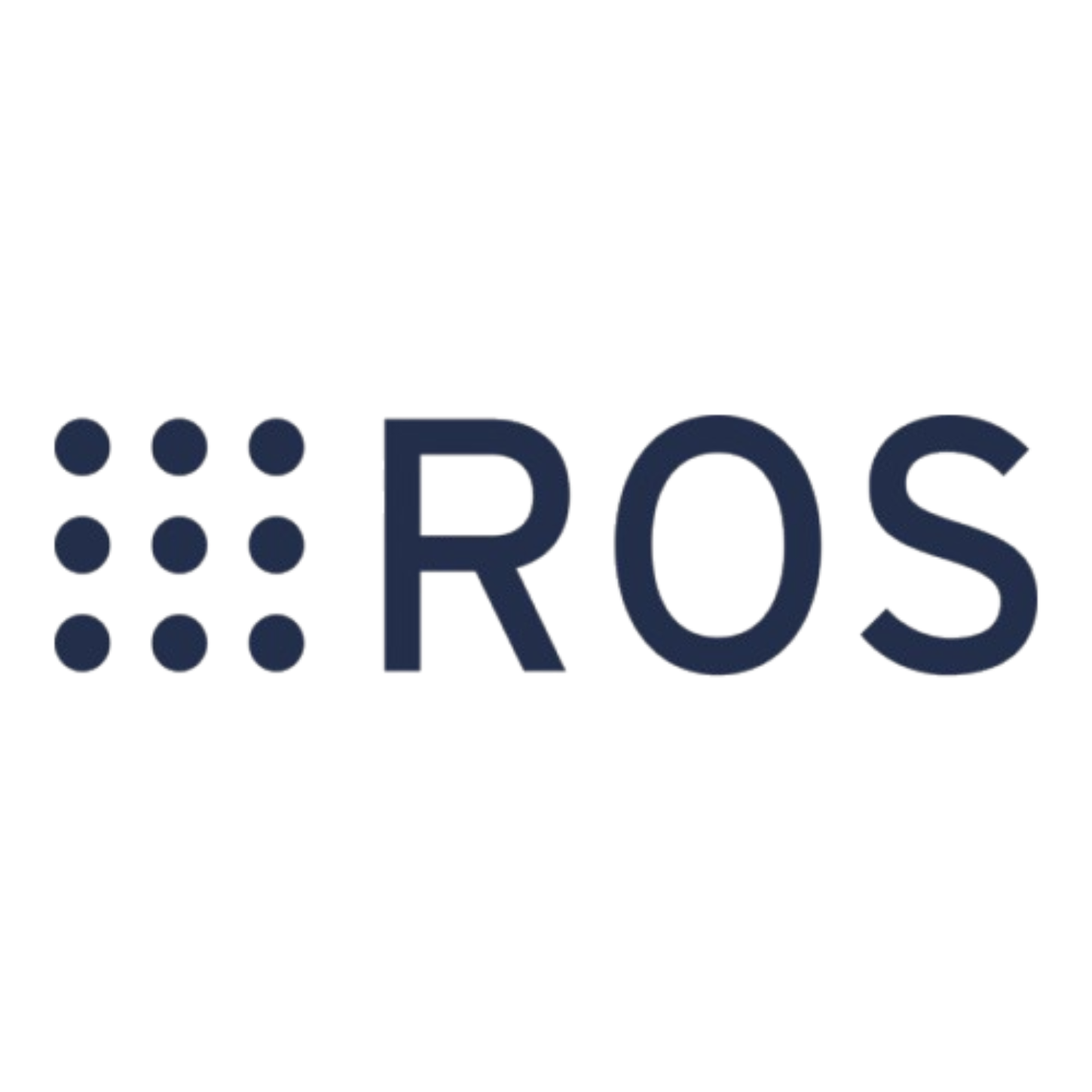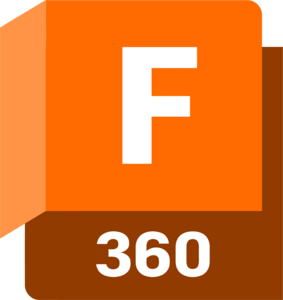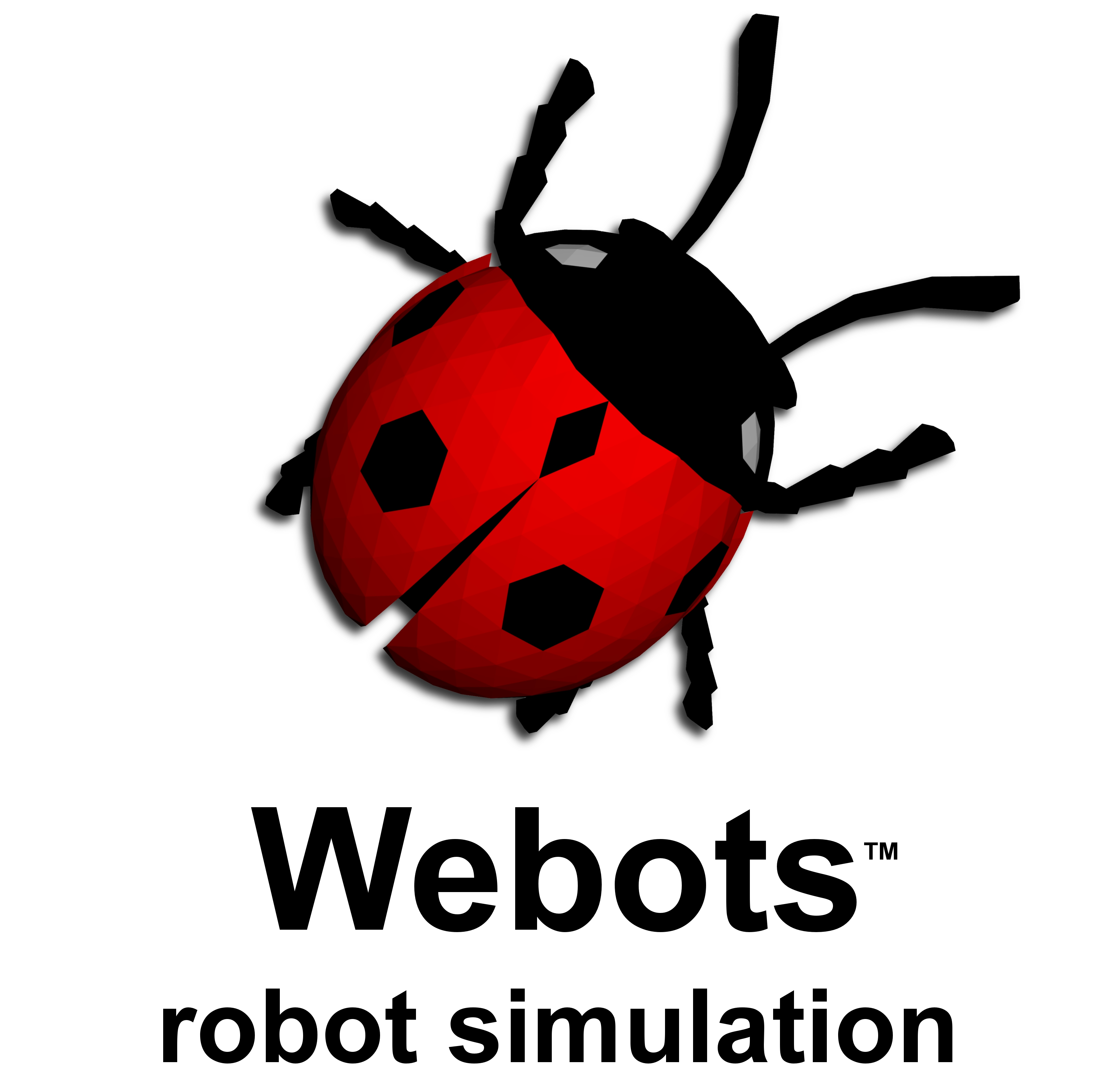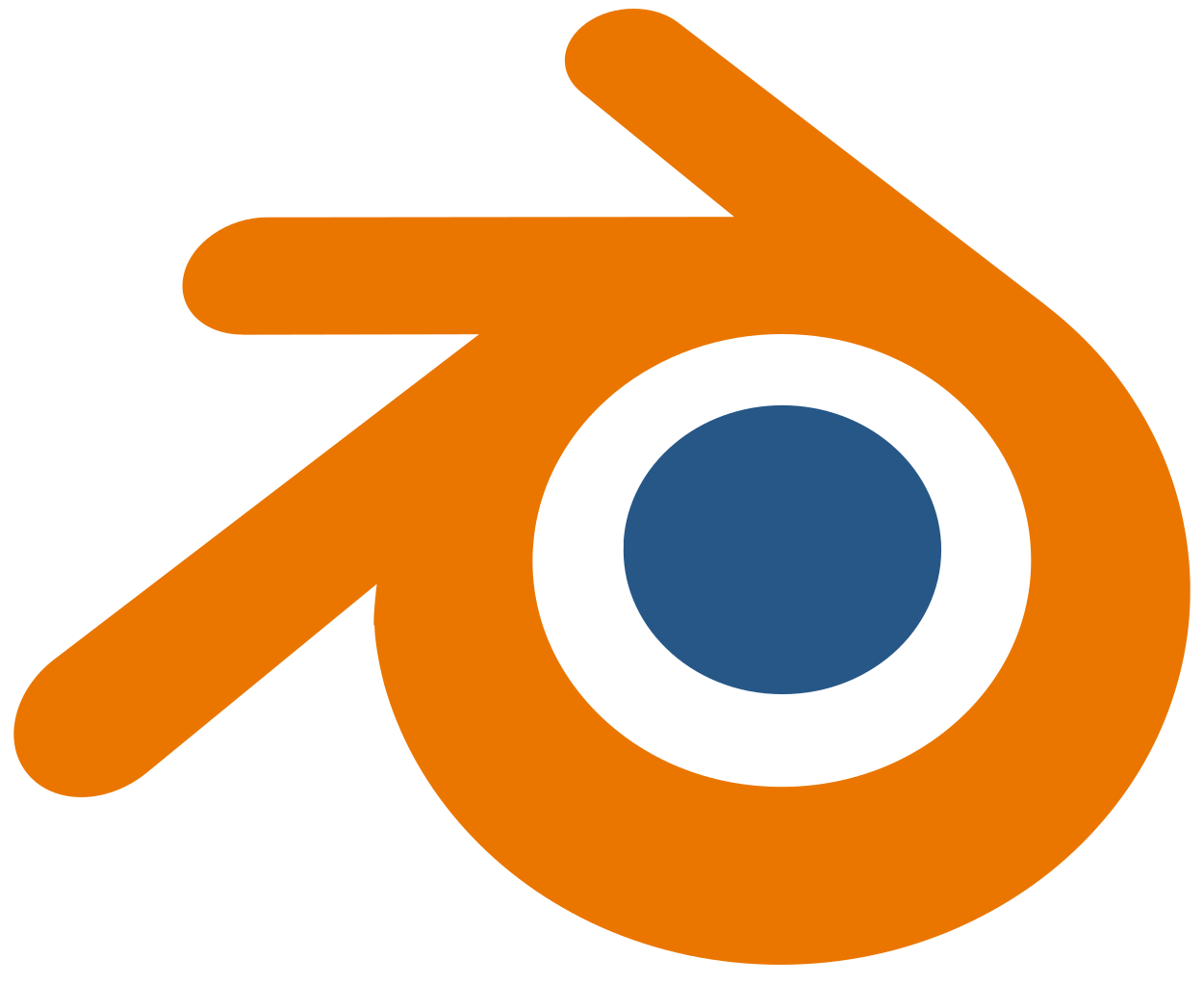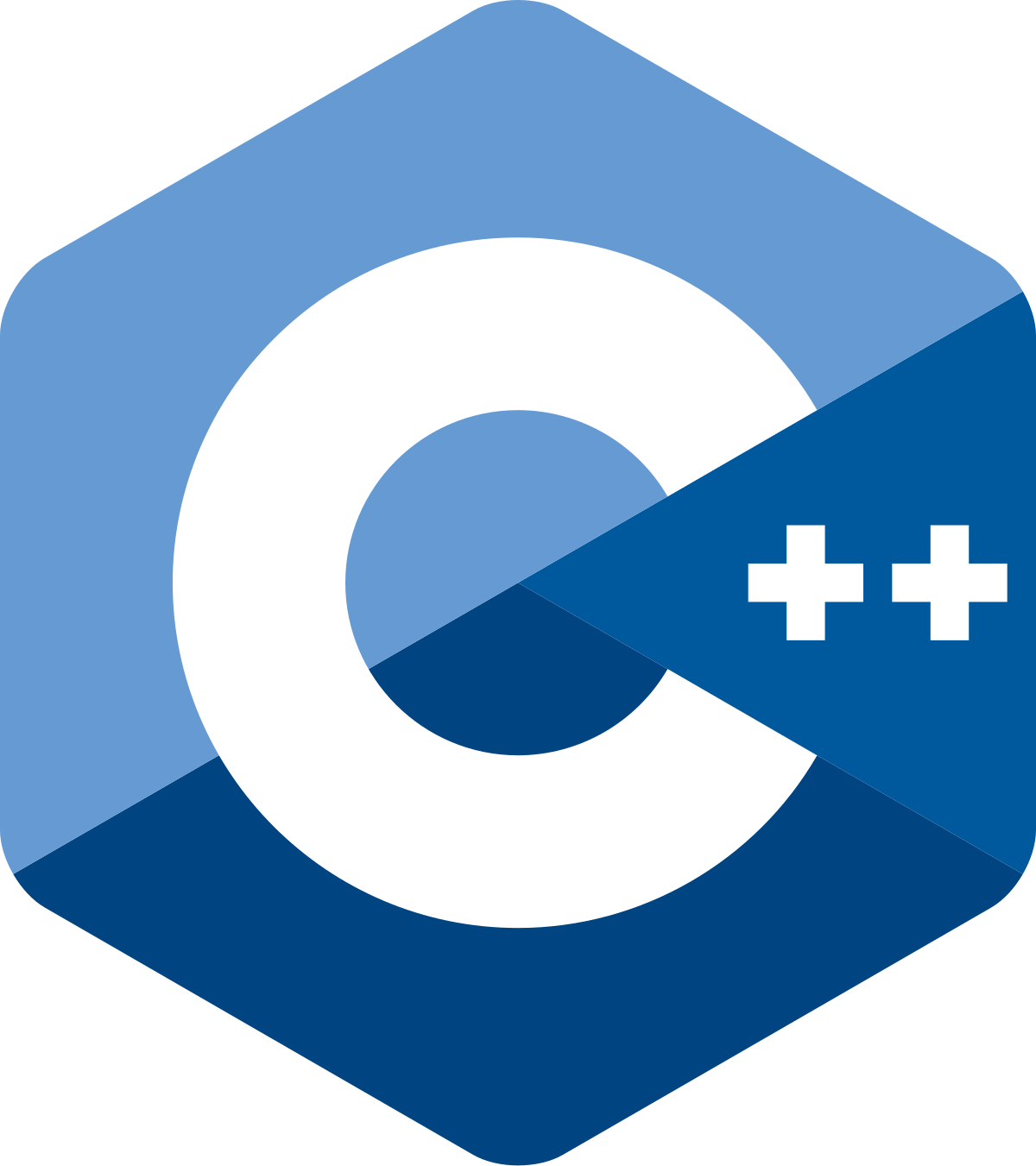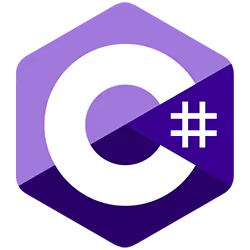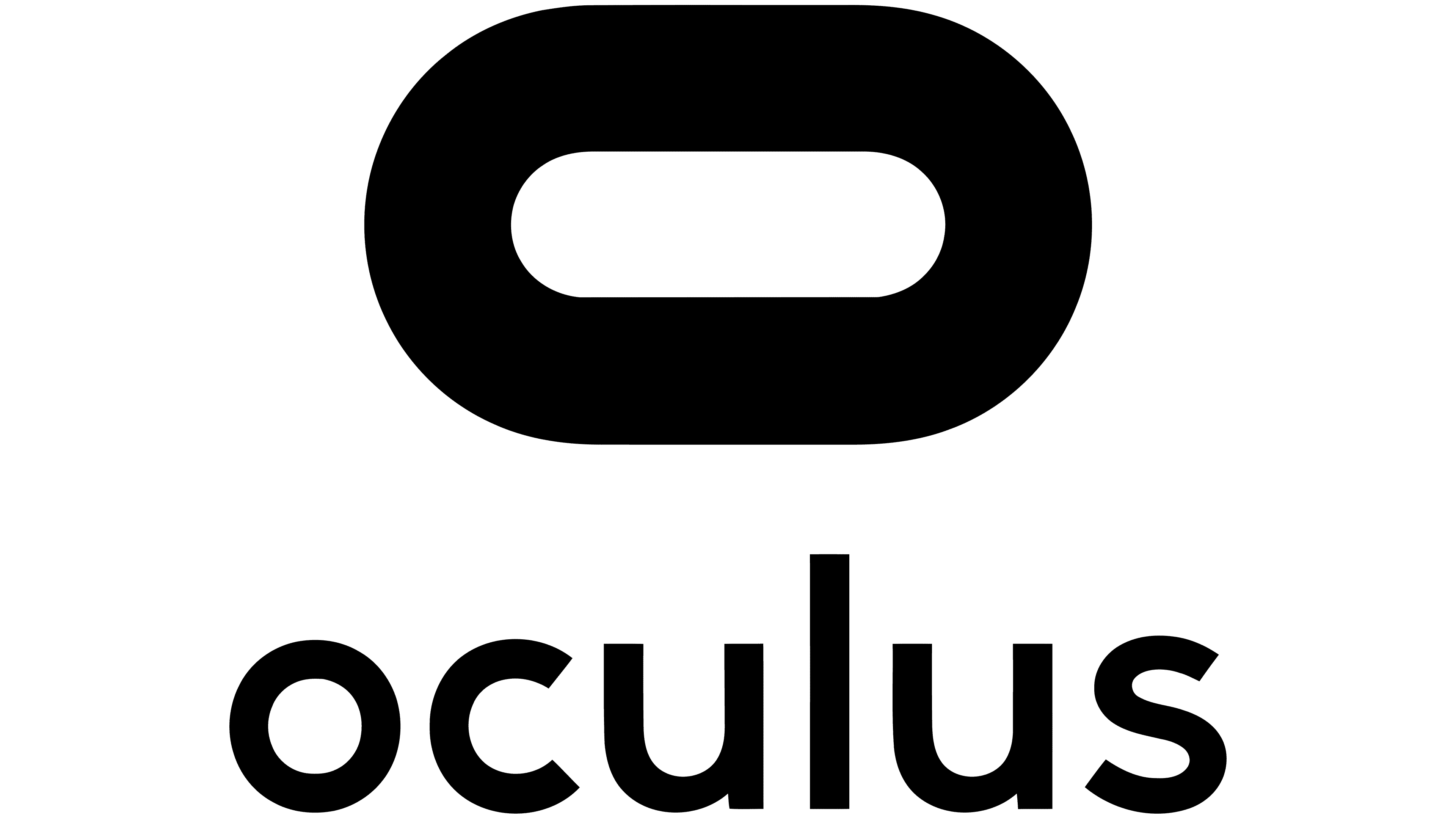Hi, I'm John
I'm a |
A first-year PhD student at the University of York. My interests are in Human-Robot Interaction (HRI) and the integration of robotic systems into different domains, alongside hardware design. My current research focuses on the use of robotic systems within chemistry labs.
Contact Me
Education
PhD in Robotics
University of York
2024 - Present
Project: A Robot Chemist that can learn from humans
- Student at Robot-Assisted Living Lab (RALLA) within ISA
- Under the supervision of Dr. Jihong Zhu, Prof. Andy Tyrrell, and Prof. Ian J.S. Fairlamb
- Part of ALBERT CDT for autonomous robotics research for use in chemistry labs
- Competing in the Wild Robots at ISA competition

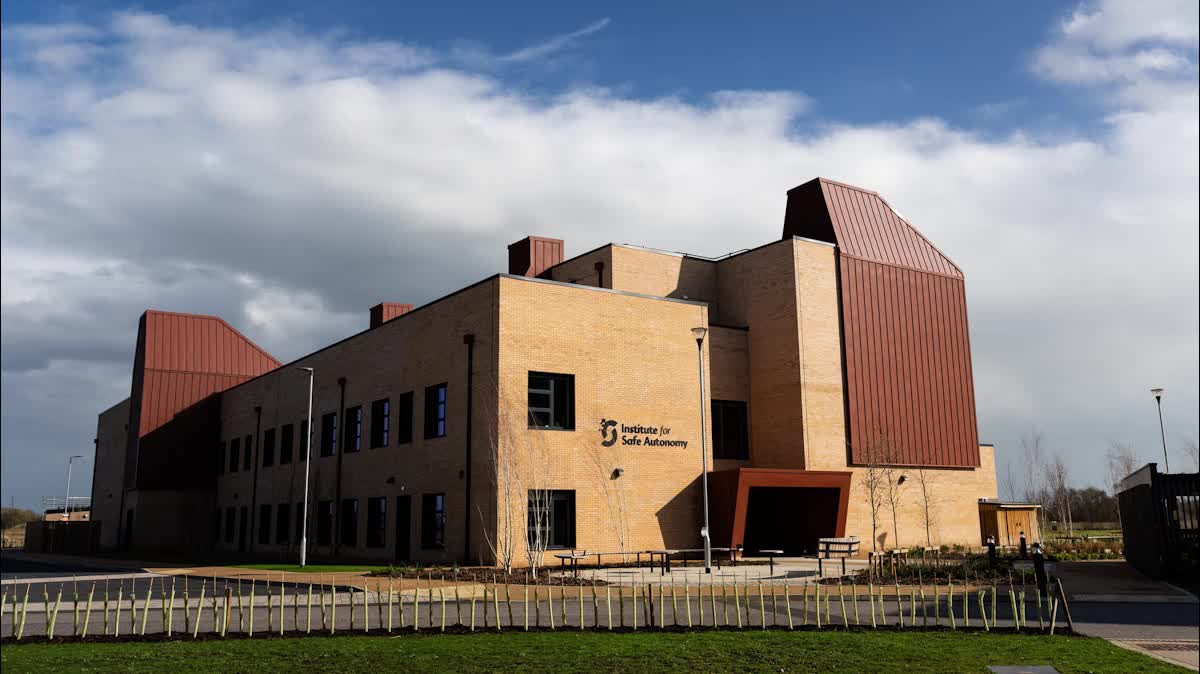
PGCE/QTS Teacher Training
Schools Direct/University of Hull
2023 - 2024
Completed Training as a Computer Science Teacher
- Worked as a teacher in two secondary schools
- Obtained Postgraduate Certificate in Education (PGCE)
- QTS for secondary school and Sixth-form level teaching
MEng Mechatronics and Robotics
University of Hull
2018 - 2023
Integrated masters in Mechatronics and Robotics
- Graduated First class with honours
- Masters Project: Developing a robotic quadruped
- Undergraduate Project: Body tracking and Skeletal Control of Robotic Systems
- Worked on developing an autonomous JETCar
- Demonstrator for: Mixed Reality Development assisting students with developing a series of VR and AR applications
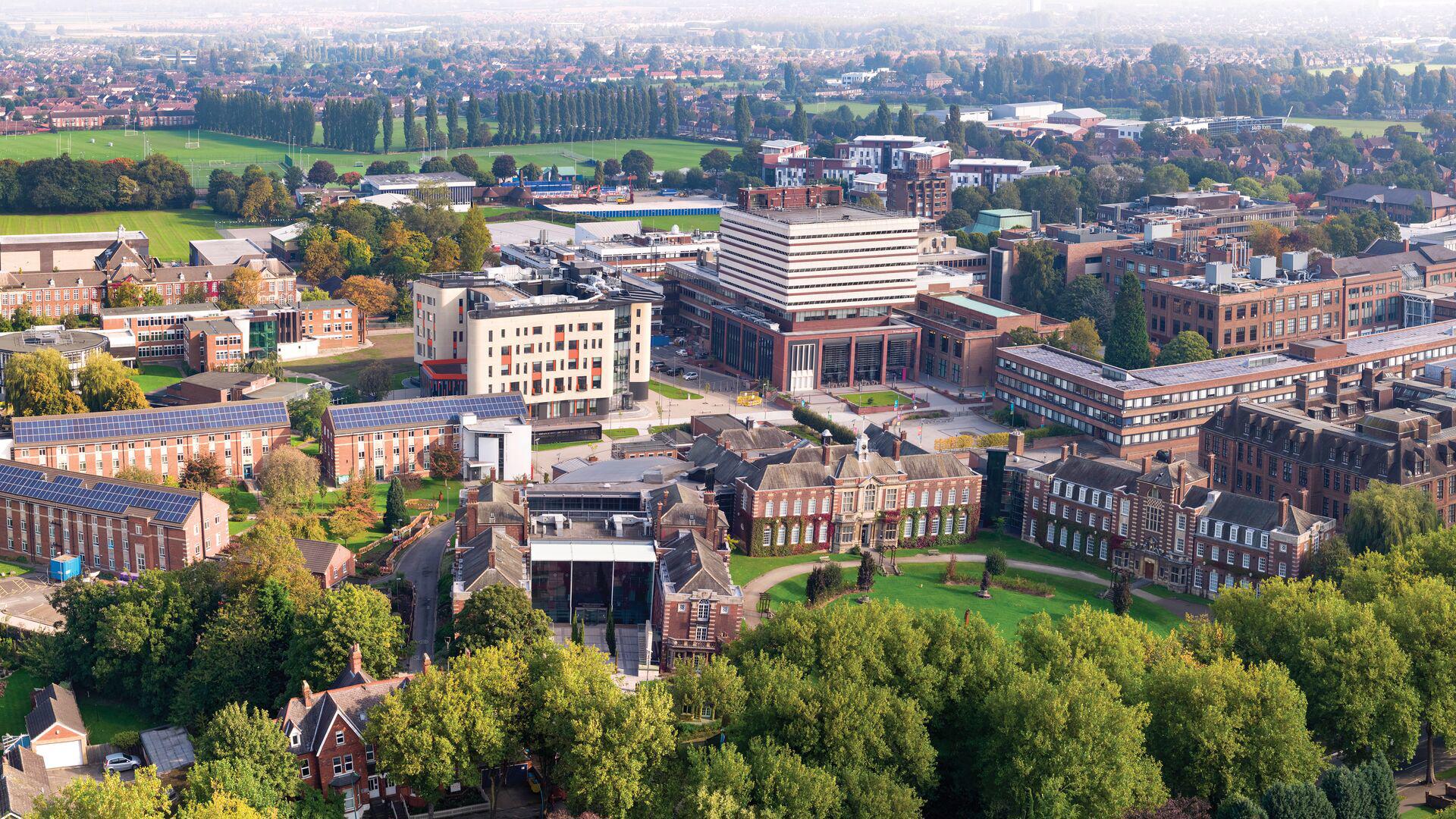
Familiar Systems and Software
Projects
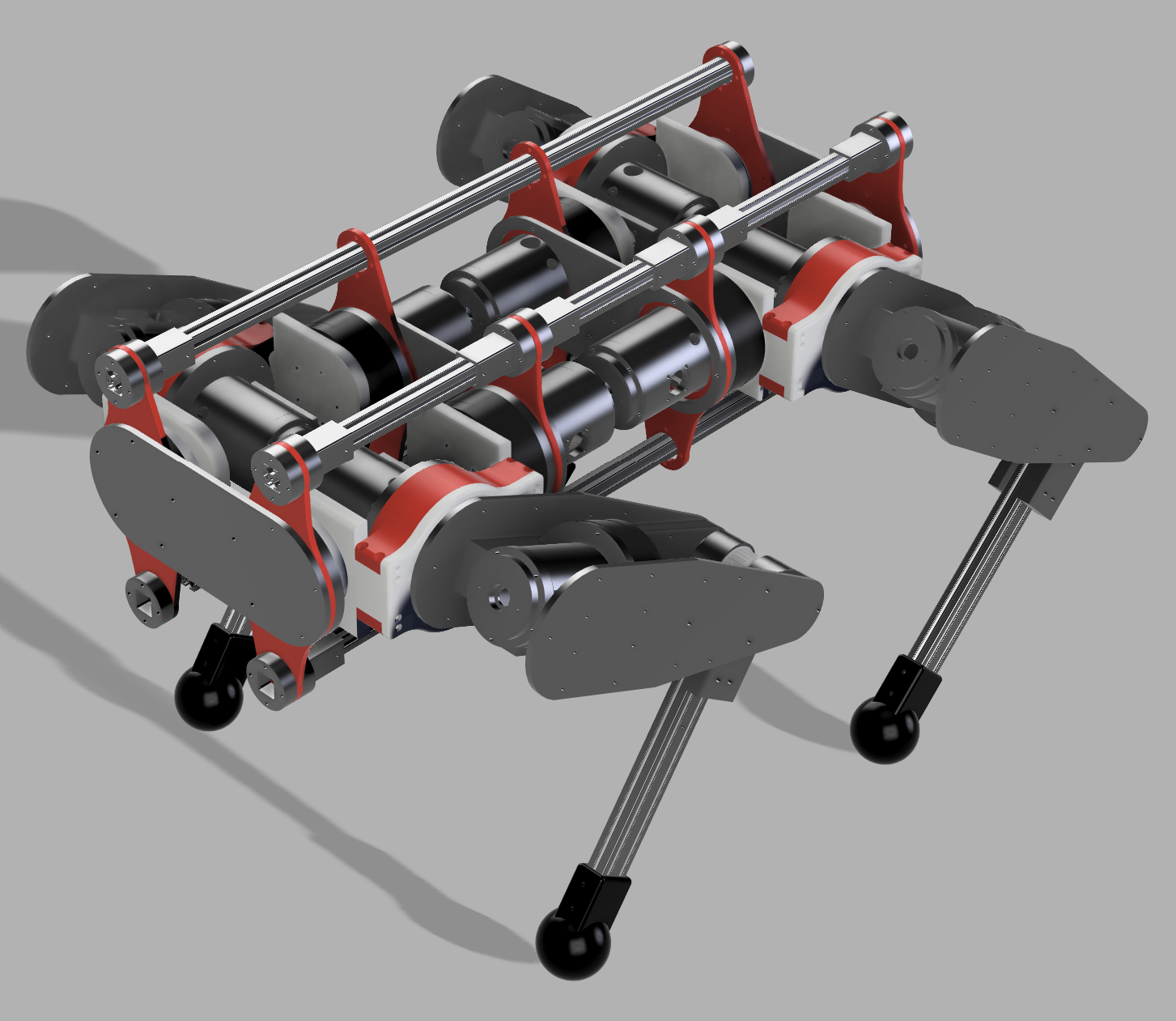
Autonomous Quadruped Robot
Utilising 3D printing to create a low-cost actuator for use in a robotic quadruped controlled via ROS and CHAMP.

DigiChemTools
A series of tools to assist with Digital Chemistry and Automation. To be used in development of Robot Chemist project.
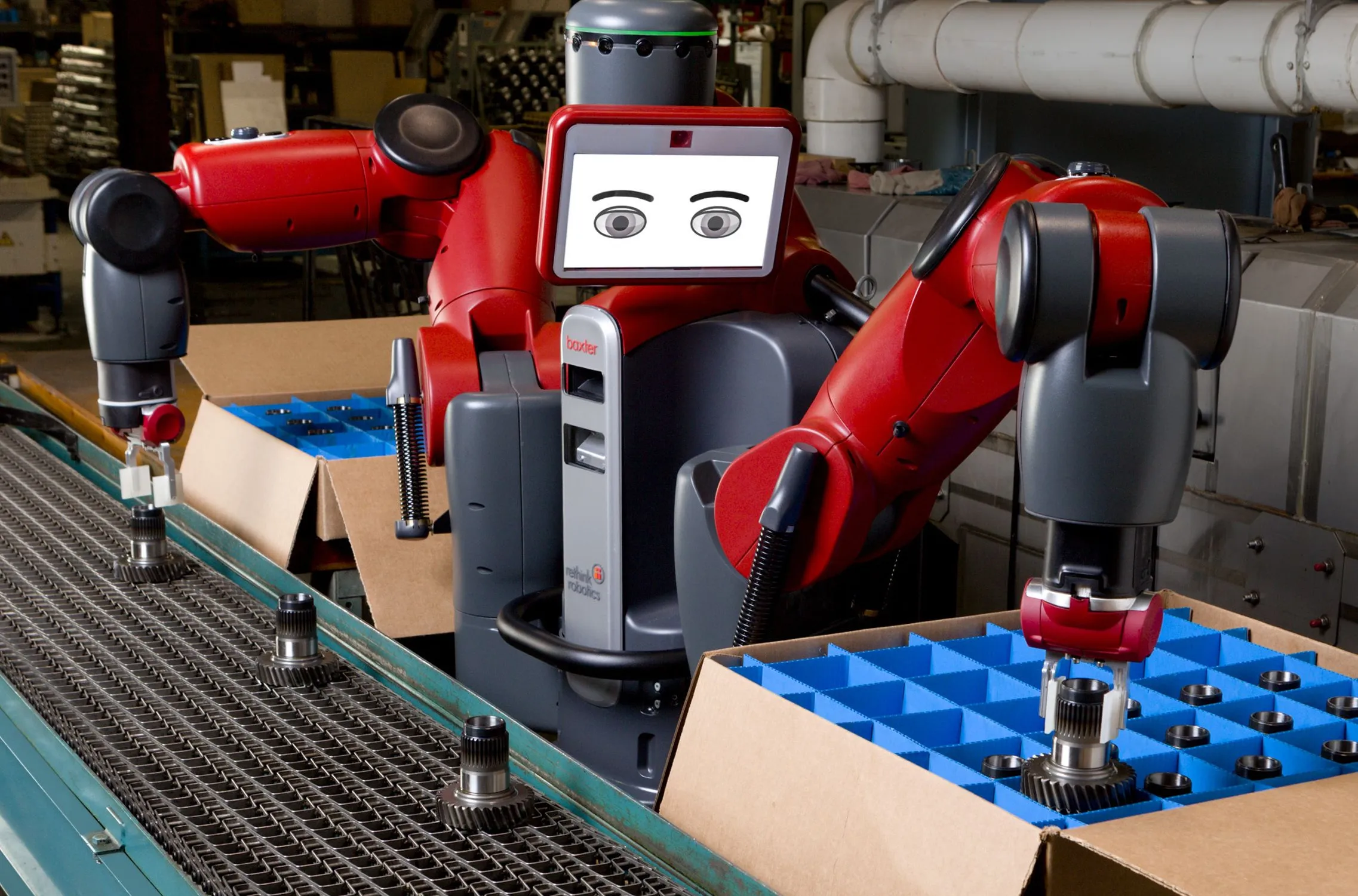
Body tracking and Skeletal Control of Robotic Systems
Implementing skeletal tracking system to control a Baxter Robot.
Current Focus
Project: A Robot Chemist that can learn from humans
Background and introduction:
Chemistry experimentation is fundamental to scientific research and development. Nevertheless, it often entails time-consuming, labour-intensive processes that are susceptible to human error. Robotic systems hold immense promise in transforming this field by automating and streamlining chemistry laboratory experiments. However, due to the intricate dexterity required, programming the behaviour through explicit instructions can be a formidable challenge.
This research endeavour seeks to tap into human expertise and explore the potential of utilising Learning from Demonstrations (LfD) techniques. This approach empowers robots to learn directly from human demonstrations, enabling them to perform chemistry experiments with increased efficiency and precision. The study will specifically investigate the application of Schlenk line techniques, transferring knowledge and extensive hands-on experience from humans to robots through kinesthetic teaching or teleoperation.
Objectives:
- Identify key manipulation skills in chemistry “Schlenk line” experiments.
- Implement learning from demonstration techniques to enable the robot to acquire and refine these skills through observation and imitation.
- Evaluate the performance and effectiveness of the robotic chemist in comparison to traditional human-led experimentation.
